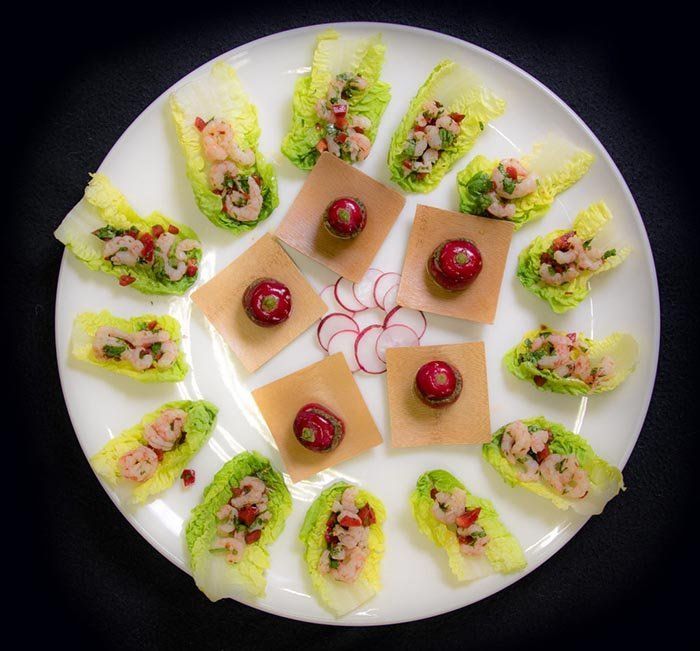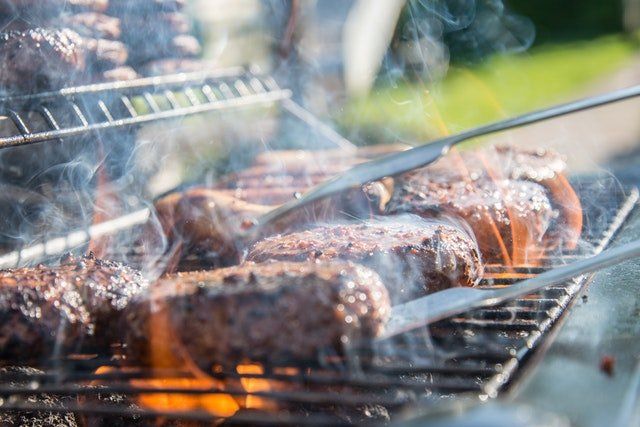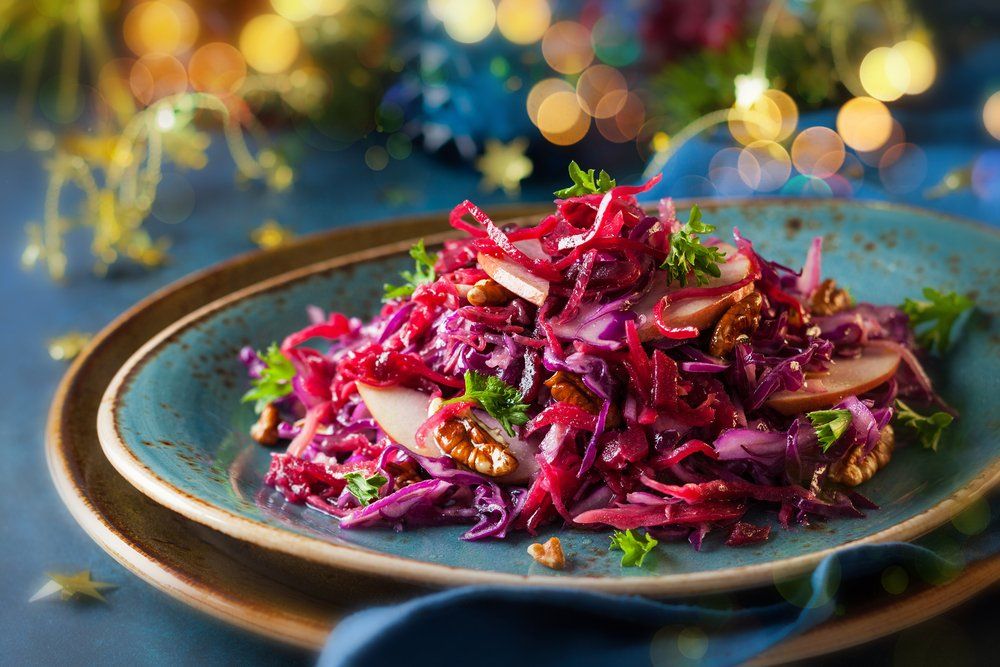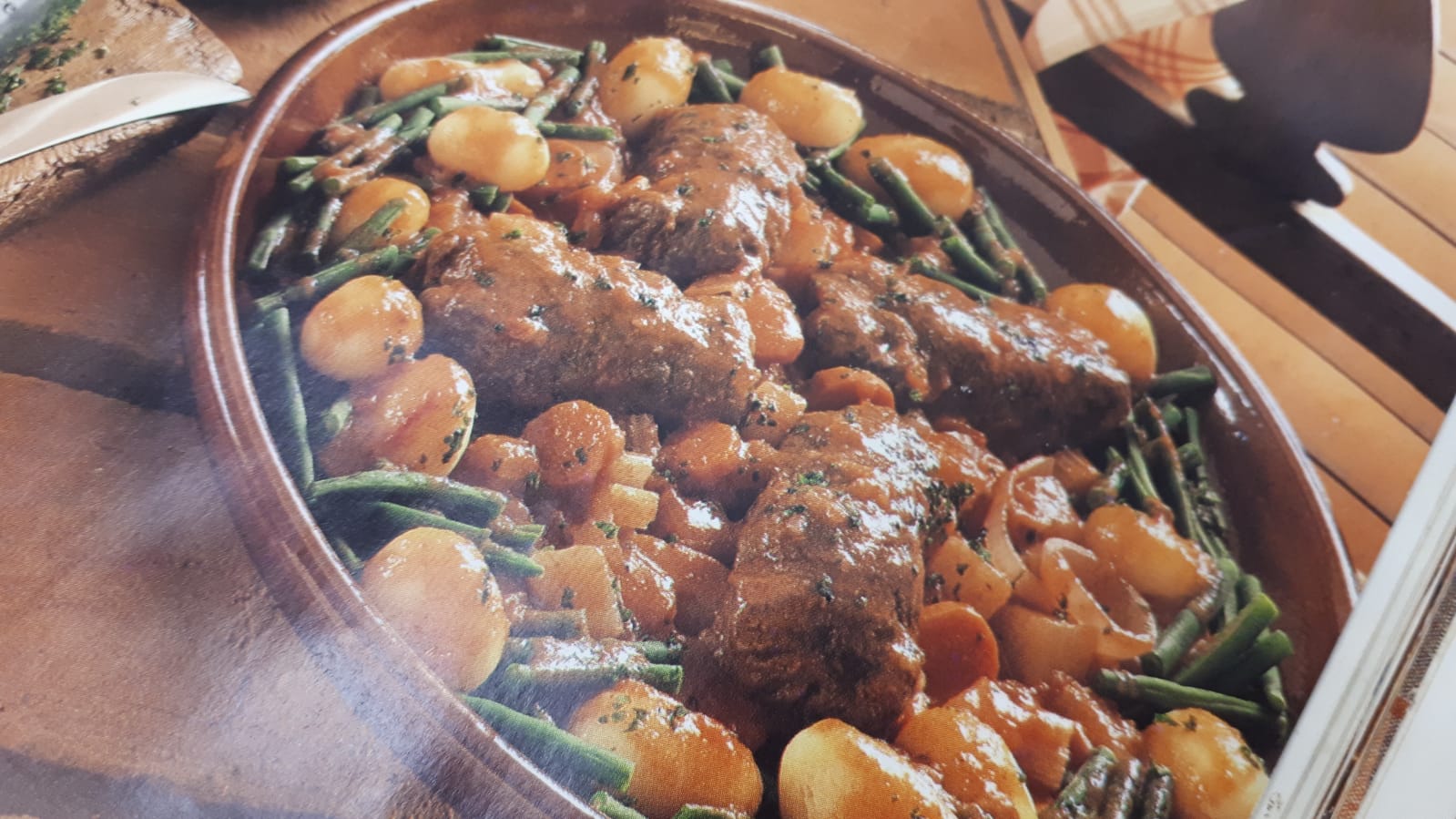Look After the Environment - It's More Important Than Ever
- By Sonya Meagor
- •
- 30 Nov, 2018
- •

As an eco-friendly catering business that champion sustainability, we talk about why sustainability and seasonal eating is important, often.
By selecting British produce you will be supporting the economy. Seasonal food is sustainable food because if you’re buying food that isn’t native, it will be travelling more air miles. British fruit and vegetables travel less far from farm to shop so has a lower carbon footprint than most imported foods, which travel air miles! You can read more about this here
We care about our economy and of course our environment and this means our planet! Recently we have been wondering why many companies catering meetings or conferences don’t take food sustainability seriously? Some of these companies and corporations seem happy to use supermarkets or companies who have no care for the environment - and yet these big corporations will have a sustainability policy sitting proudly on their website.
You would have had to be living under a rock to have missed all the reasons why taking care of our planet is more important than ever, as these issues are finally getting a bit more public attention. What with air pollution in London reaching illegal levels since 2010 and recently reaching critical heights, and with some of the mainstream media shining a spotlight on the damage plastic pollution is causing to the oceans and animals, it should be obvious to everyone that something needs to change.
The world’s 7.6 billion people make up just 0.01% of all living things on Earth and yet our impact on the state of the planet is massive and disproportionate.
91% of plastic waste isn’t recycled. And since most plastics don’t biodegrade in any meaningful sense, all that plastic waste could exist for hundreds or even thousands of years.
After more than a century and a half of industrialization, deforestation, and large-scale agriculture, quantities of greenhouse gases in the atmosphere have risen to record levels not seen in three million years. Climate change is real.
All these stats sound terrifying, but we can make changes that will make a difference.
- Avoid single use plastic. Many products are available loose or with no packaging, even shampoo which now comes in bars. Make sure you use a refillable water bottle too.
- Grab a tote or bag for life instead of 5p flimsy plastic bags that make their way to landfill.
- Walk, cycle or take public transport instead of driving. Or drive electric cars/vehicles when you have to like we do.
- Turn lights and electrics off when they’re not in use.
- Recycle and upcycle! Plenty of towns and supermarkets now have recycling banks for your tin cans, glass, paper, clothes and more.
Do you have any eco-friendly tips to add? Let us know in the comments.

The Millfield theatre is home to eco cuisine and the events have been held here too for that reason.
OLIO (the food app) and NLWA (North London Waste Authority) CROPDROP (local Haringey boxed fruit/vegetable scheme) plus our very own Sonya Meagor (eco cuisine) are confirmed as our first speakers and we're For each event, we support a North London based charity related to the event theme - for this event we're delighted to collaborate with The Felix Project .
TICKETS
https://www.eventbrite.co.uk/e/sustainable-food-packaging-tickets-61490383392?aff=website


With less than two weeks until Christmas and the holidays nearly upon us, the shops are stocked with delicious festive treats and people are already stocking up on Christmas food fit for a feast or two.
But, just because it is Christmas doesn’t mean we should not consider what is in season and keeping sustainability at the forefront of our minds.
So, what is in season over December and the winter seasons in Britain? Well, thankfully many of the Christmas time favourites are favourites for a reason – they’re traditionally easily grown and sourced in the U.K. over winter. Cabbage, sprouts, potatoes and onions, celeriac, celery and carrots as well as parsnip and swede are all in season this time of year. Not forgetting chestnuts, beef and venison and even guinea fowl too.
So roast dinners with all the trimmings can be environmentally friendly! Of course clementines, pomegranates and dates are seasonal favourites too and these are obviously not sourced locally.
Whatever you buy and eat over the festive season, remember to consciously consume – making informed and conscious decisions about what you buy and eat.
In the lead-up to the Christmas break we enjoy hearty, warming foods, keeping us warm in the cold weather and suitably fuelled over this busy season.
We enjoy Rumbledethumps – for those who haven’t heard of it, it is the Scottish equivalent of bubble and squeak as it is often made with leftovers, though it isn’t usually fried. It is a lovely filling dish served as a side or when served with a nice piece of fish or chicken breast can even be a substantial main meal.
Rumbledethumps
550g large potatoes,
350g swede
60g unsalted butter
250g kale, finely sliced
1 small onion diced
Sprigs of thyme
25g cheddar cheese, grated
Preheat the oven to 180C/350F/Gas 4.
Peel and chop the potatoes and the swede and chop into large chunks. Next, boil in a saucepan tender. Drain and return to the pan.
Heat three quarters of the butter in a pan on medium low heat and cook the kale and the onions for a few minutes, until the kale is tender and onions lightly browned.
Add the kale and onions to the pan with the potatoes and swede then add the remaining butter and mash together. Season, to taste, with salt and freshly ground black pepper.
Place the mashed medley into an ovenproof dish and top with the cheese. Cover with a lid and bake in the oven for about 20 minutes, then remove the lid and continue to cook for a further 15 minutes, or until piping hot and golden-brown on top. Serve with fresh thyme.
What winter dishes keep you going in the lead-up to the Christmas break? Let us know in the comments.








